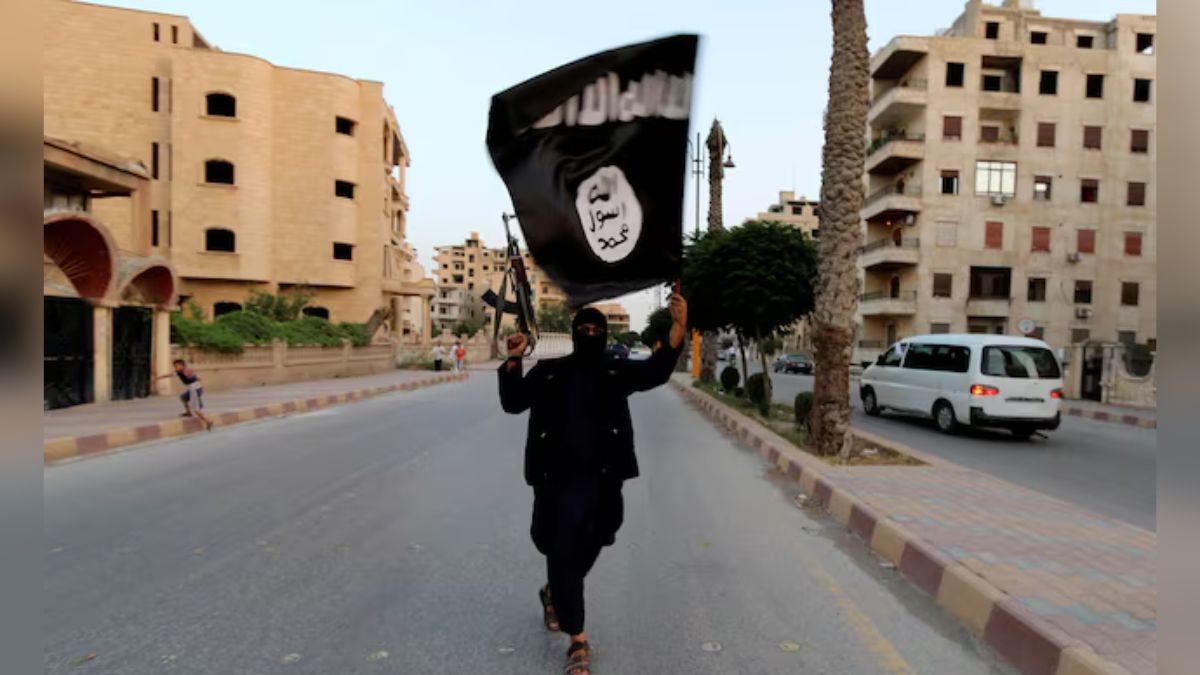The Islamic State’s history of targeting Shi’ite mosques is attributed largely to its stringent Sunni ideology, which labels Shi’ites as heretical. The group has targeted Shia ceremonies, processions and worshippers in several nations, including Afghanistan and Pakistan read more
)
Islamic State has claimed responsibility for the attack on the mosque in Oman. Image used for representational purpose/Reuters
Terrorist group Islamic State confirmed its responsibility for the attack on Tuesday’s attack on Shi’ite mosque in Oman. The assault had resulted in the death of at least nine people, including one Indian national. At least four Pakistani nationals were also killed in the attack. It also marked a rare breach of peace in the affluent oil-producing Sultanate.
The attack, wherein bullets were rained down on the crowd at Muscat’s Ali bin Abi Talib mosque, happened in the Wadi al-Kabir area close to an international school and leisure facilitie. Omani authorities reported injuries to 28 individuals of diverse nationalities, and including members of the security forces.
This incident has sparked concerns over a potential resurgence of Islamic State activities. The group had been significantly subdued post-2017 by international military efforts led by the US.
Why does IS attack mosques?
The shooting took place on the night of the ninth day of the Islamic month of Muharram, when Shia Muslims participate in rituals to commemorate the eve of Ashura. Ashura is a significant observance commemorating the martyrdom of Imam Hussein, a grandson of the Prophet Muhammad, in a seventh-century battle.
According to BBC, Islamic State has repeatedly targeted Shia ceremonies, processions and worshippers in several nations, including Afghanistan and Pakistan. But it has never before claimed an attack in Oman, where the Shia are a minority.
The group’s history of targeting Shi’ite mosques is attributed largely to its stringent Sunni ideology, which labels Shi’ites as heretical. This theological schism has fueled numerous attacks, particularly during significant Shi’ite observances such as the Muharram rituals commemorating the martyrdom of Imam Hussein, a key figure in Shi’ite history.
Islamic State’s history of targeting Shi’ite mosques arises from its stringent Sunni ideology, which labels Shi’ites as heretical. This theological schism has fueled numerous attacks, particularly during significant Shi’ite observances such as the Muharram rituals commemorating the martyrdom of Imam Hussein, a key figure in Shi’ite history.
This latest attack in Oman, a nation where Shi’ites form a minority, represents a new geographical expansion of Islamic State’s campaign against what it perceives as deviant forms of Islam.
With inputs from agencies

 2 months ago
27
2 months ago
27
)
)
)
)
)
)
)
)
)
)
)
)
)
)
)
)
)
)
)
)
)
)
)
)
)
 English (US) ·
English (US) ·